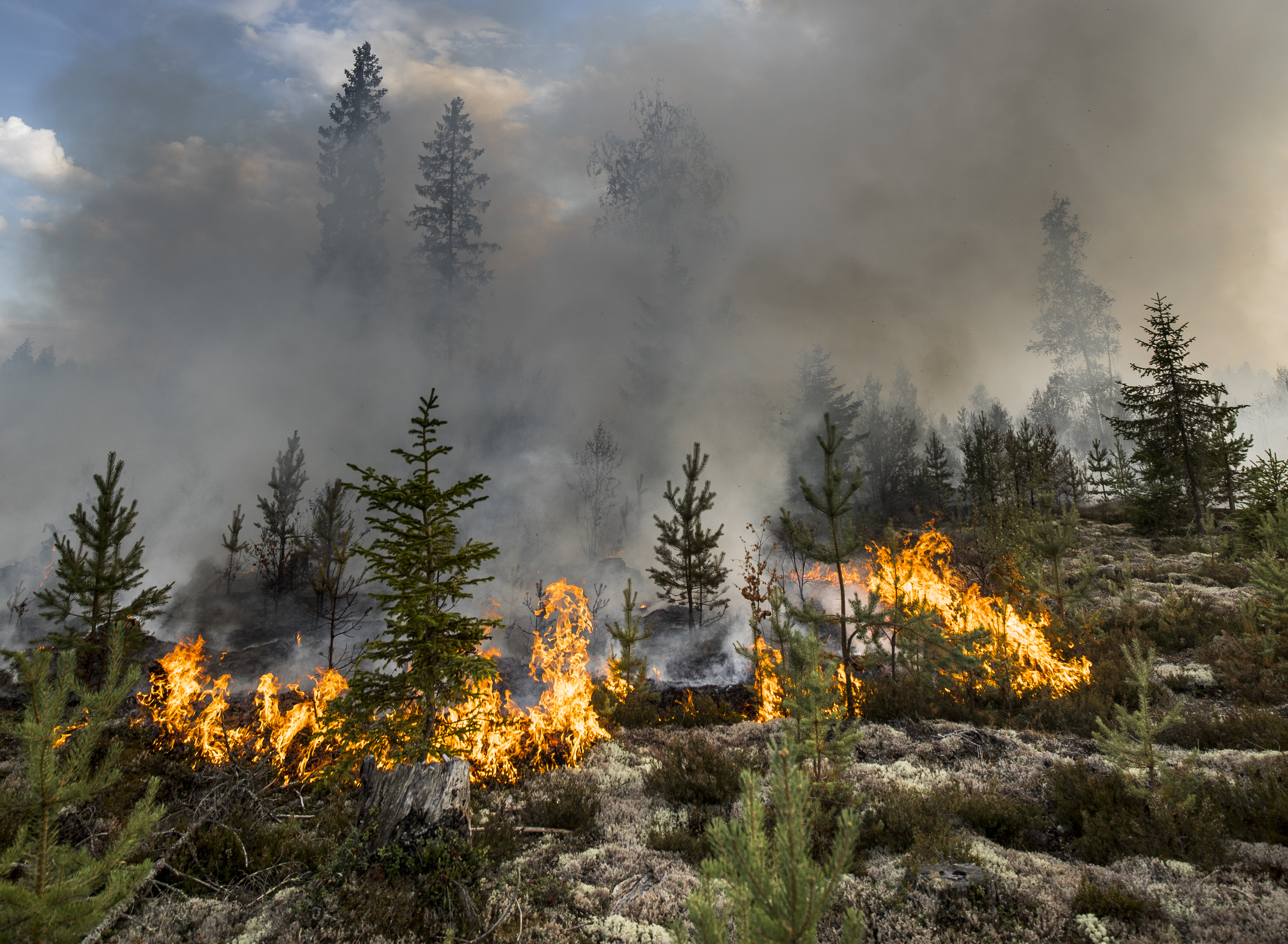Climate Change Is Already Hitting Europe Harder Than Anyone Expected
From the edge of the Arctic to almost the Tropic of Cancer, Europe’s rapid warming is evidenced by hotter summers and winters. EU Civil Protection and Humanitarian Aid / CC BY-NC-ND 2.0
EU Civil Protection and Humanitarian Aid / CC BY-NC-ND 2.0
Europe’s rapid warming means the world’s hottest property could now be on the continent. It has seen the strongest intensification of heat waves anywhere in the world in the last 70 years. The hottest of hot summers are now 2.3°C hotter than they used to be.
And winter extremes of cold are dwindling. The number of extremely cold days has fallen twofold or even threefold, and the coldest days are now 3°C milder than they used to be, according to readings from 94% of the continent’s weather stations.
This, say Swiss scientists, adds up to “a climate change signal that cannot be explained by internal variability.”
That is, thanks to a steady increase in atmospheric greenhouse gases driven by ever-increasing use of fossil fuels, Europe is warming even faster than global climate models predict.
“In at least one region of the globe, global heating is already happening, and at a rate faster than predicted”
“Even at this regional scale over Europe we can see that these trends are much larger than what we would expect from natural variability,” said Ruth Lorenz, a researcher from the Swiss Federal Institute of Technology, also known as ETH Zurich. “That’s really a signal from climate change.”
She and colleagues report in the journal Geophysical Research Letters that they looked at observations and measurements from around 1,000 weather stations between 1950 and 2018 and then analysed the top 1% of the highest extremes of heat and humidity, and the top 1% of coldest days during the same timespan.
Since 1950, the number of days of extreme heat in Europe has tripled. The number of extreme cold days has been reduced, twofold in some places, and by a factor of three in others.
Accelerating change
For years, researchers have been predicting ever-greater extremes for Europe. They have warned that rising temperatures will hit the continent both economically and in health terms, and that as the thermometer rises so will the hazards of fire and drought.
Researchers have even checked the changes in land use in the last three decades to find that political changes – the collapse of the Soviet Union and the formation of the 28-state European Union – helped damp down what still proved one of the worst heat waves ever recorded, in 2003.
But research has largely focused on what could happen if global heating continues, and fossil fuel use continues to grow. What the latest study demonstrates is that in at least one region of the globe, global heating is already happening, and at a rate faster than predicted.
And the rate of change is accelerating. The number of extreme hot days overall has trebled since 1950, but the frequency of these has doubled just between 1996 and 2018.
Your support matters…Independent journalism is under threat and overshadowed by heavily funded mainstream media.
You can help level the playing field. Become a member.
Your tax-deductible contribution keeps us digging beneath the headlines to give you thought-provoking, investigative reporting and analysis that unearths what's really happening- without compromise.
Give today to support our courageous, independent journalists.






You need to be a supporter to comment.
There are currently no responses to this article.
Be the first to respond.